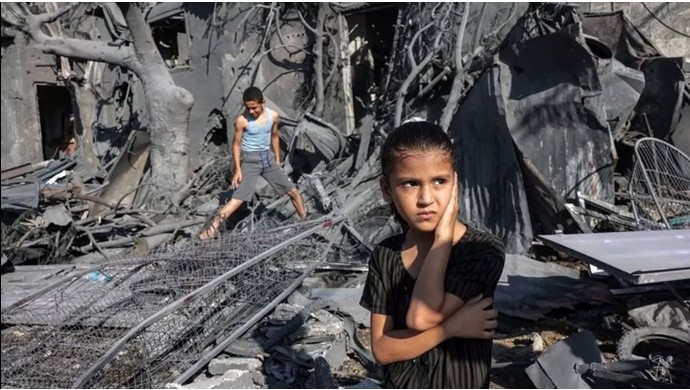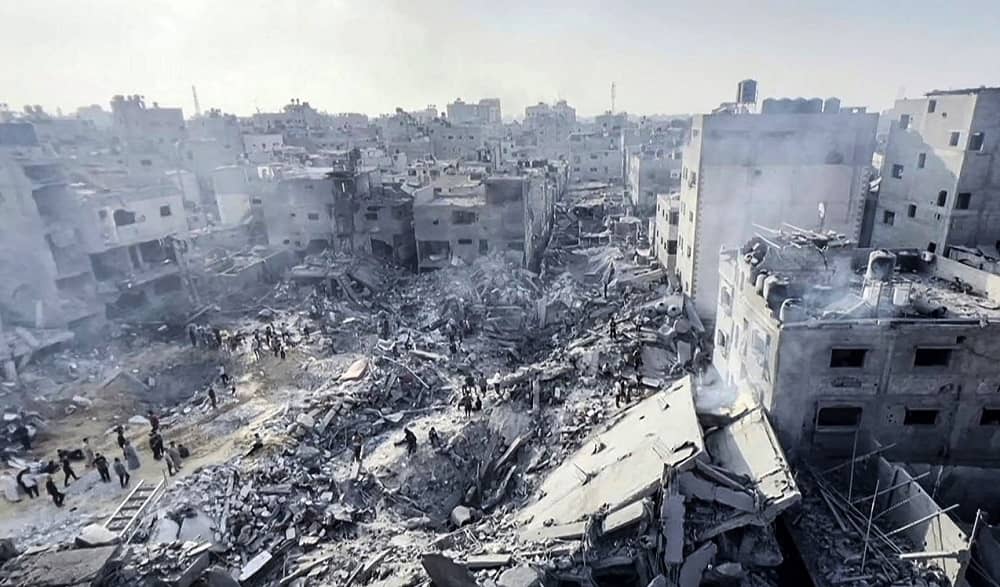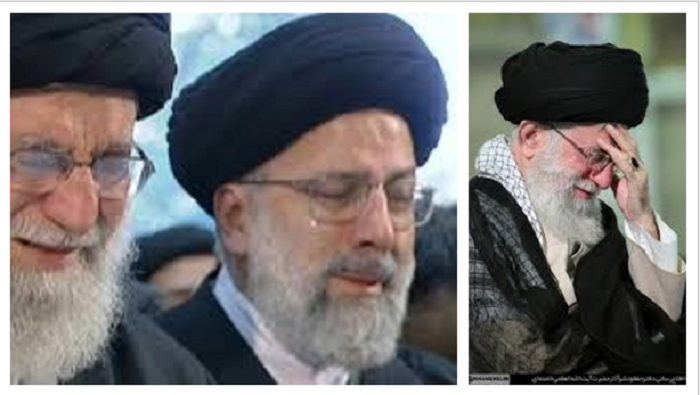
In his speech, Khamenei’s rhetoric oscillated between expressions of sympathy for Gaza and Palestinians and an apparent focus on the interests of his regime.
On Thursday, November 1, a pivotal moment unfolded as Ali Khamenei, the supreme leader of Iran, addressed a group of Basij members, the militias associated with the Islamic Revolutionary Guard Corps (IRGC). This gathering, steeped in political significance, revealed the complex layers of Khamenei’s stance on regional conflicts, especially the war in Gaza.
Ali Khamenei remarked, “With a deep look at the scene, it becomes clear that the victors of this field are the people of Gaza and Palestine who were able to accomplish great deeds.” However, this sentiment was juxtaposed against an underlying message indicating the Iranian regime’s use of the war to fortify its grip on power, at the cost of civilian lives.

Khamenei’s approach to the conflict extended beyond mere words.
He called for a concerted effort from Muslim nations to oppose the Zionist regime, urging an economic disengagement to halt the supply of oil and provisions. This, according to Khamenei, was imperative to support Palestine and counter the perceived evil of the Zionist regime. His demands for solidarity against the enemy were clear: “If Islamic governments do not help Palestine today, they have strengthened the enemy of Palestine, and tomorrow this same danger will threaten them.” This duality was particularly evident in his treatment of the People’s Mojahedin of Iran (PMOI/MEK). Khamenei’s efforts to label this Iranian resistance movement as a terrorist organization while simultaneously positioning himself as a proponent of legitimate resistance raises questions about his credibility.
Furthermore, Khamenei’s strategies in dealing with internal dissent and regional conflicts in Syria, Iraq, and Palestine have been marked by instigation and exacerbation of crises. Using these conflicts as shields to deflect from domestic unrest, he appears to be more focused on maintaining his regime’s stability than genuinely supporting the Palestinian cause or the wellbeing of Arab nations.

Khamenei’s own record complicates his stance. His regime’s involvement in terrorist activities across the region contrasts sharply with his discourse on terrorism and resistance.
These contradictions have not gone unnoticed. An Arab analyst, in a recent piece for Al-Arab newspaper, highlighted the irony of the Iranian regime’s position: “The Iranian regime has achieved in less than 30 years what Israel could not accomplish despite over 70 years of overt and covert hostility.” This statement underscores the perception that Iran, under Khamenei’s rule, has failed to demonstrate a sincere commitment to the Palestinian cause or provide tangible support to Palestinians, despite its public rhetoric.
In conclusion, Khamenei’s speech and actions present a complex narrative, one that interweaves expressions of support for Palestine with actions that prioritize the survival and power of his regime, raising critical questions about the legitimacy of his claims and intentions.

MEK Iran (follow us on Twitter and Facebook), Maryam Rajavi’s on her site, Twitter & Facebook, NCRI (Twitter & Facebook), and People’s Mojahedin Organization of Iran – MEK IRAN – YouTu
